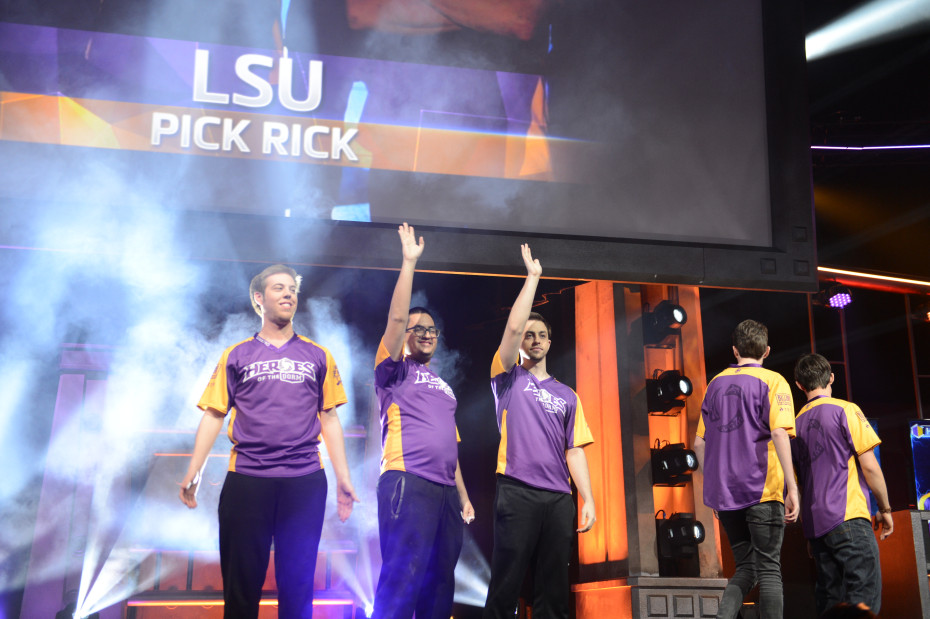
As esports at all levels continues to earn mainstream credibility, one segment is poised for explosive growth – collegiate esports. How colleges and universities will manage esports is an important question.
Esports has the potential to be a significant revenue generator at the collegiate level, it on par with money-making college sports like football and basketball. The current path of collegiate esports, however, puts it in the Wild West — no regulation, rules, or plan.
So how does collegiate esports take the next important step in its growth? The answer involves replicating the current systems governing traditional college sports. This would include the NCAA stepping in to provide oversight and guidance while distributing financial benefits among member schools and esports participants.
In the current vacuum, esports is developing organically with game developers and publishers and broadcast mediums attempting to create their own leagues, tournaments, and events, such as Blizzard’s Heroes of the Dorm. Some schools have formed together to create the National Association of Collegiate Esports (NACE) are trying to fill the void left by the lack of NCAA oversight.
Ultimately, colleges and the NCAA need to act quickly if they want to own the collegiate esports world. Otherwise outside entities, such as game publishers and broadcasters, will reap the financial benefits of collegiate esports.
In the current vacuum, esports on campus will be a random, sometimes conflicting collection of scholarship, financial aid, and rules issues. Private organizations organizing tournaments like Heroes of the Dorm or Riot’s University League of Legends will benefit financially more than colleges themselves. The resulting chaos and confusion will ultimately stunt the growth of college esports.
The essence of collegiate esports is that it embraces college athletics; otherwise, it’s just another gaming competition….

